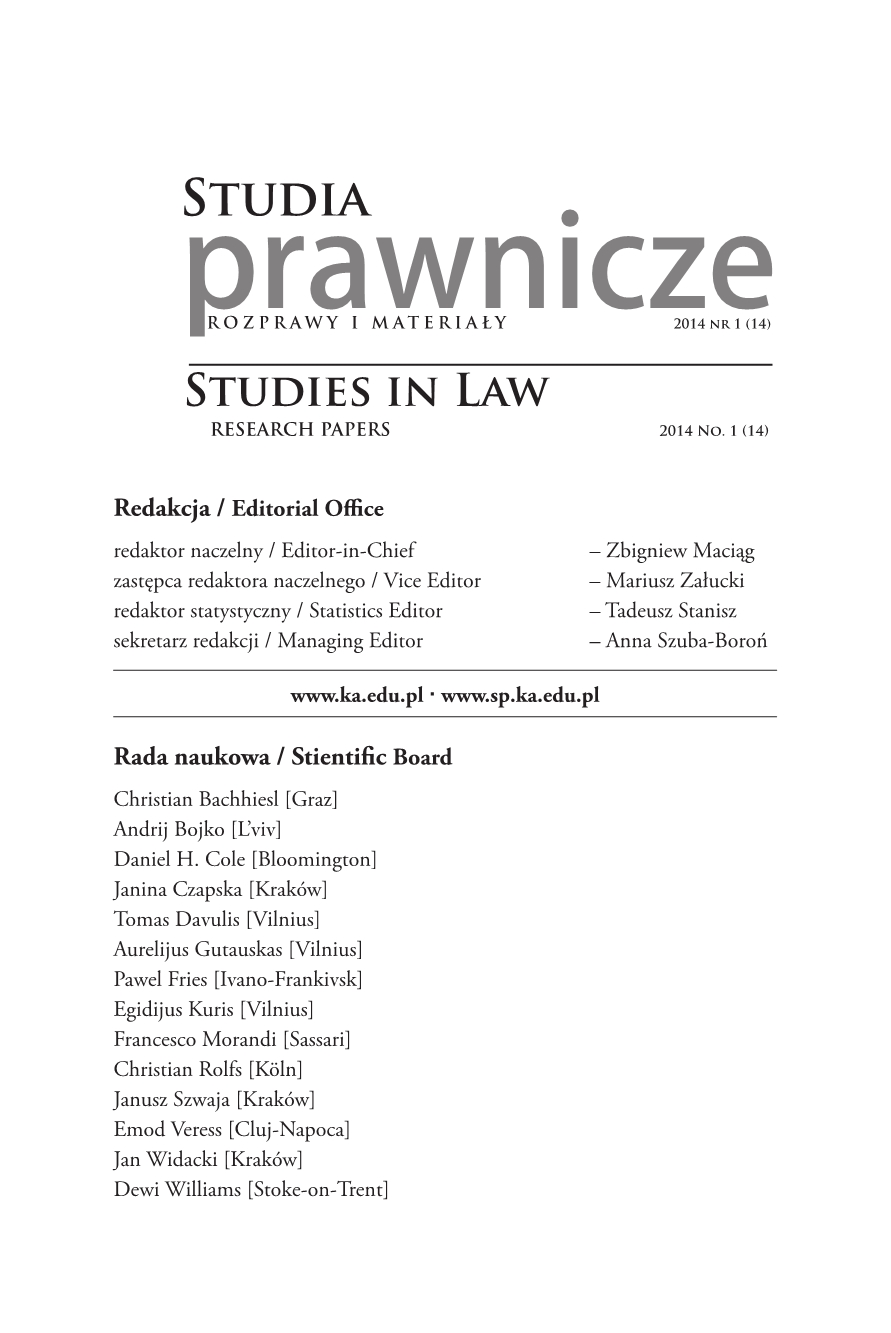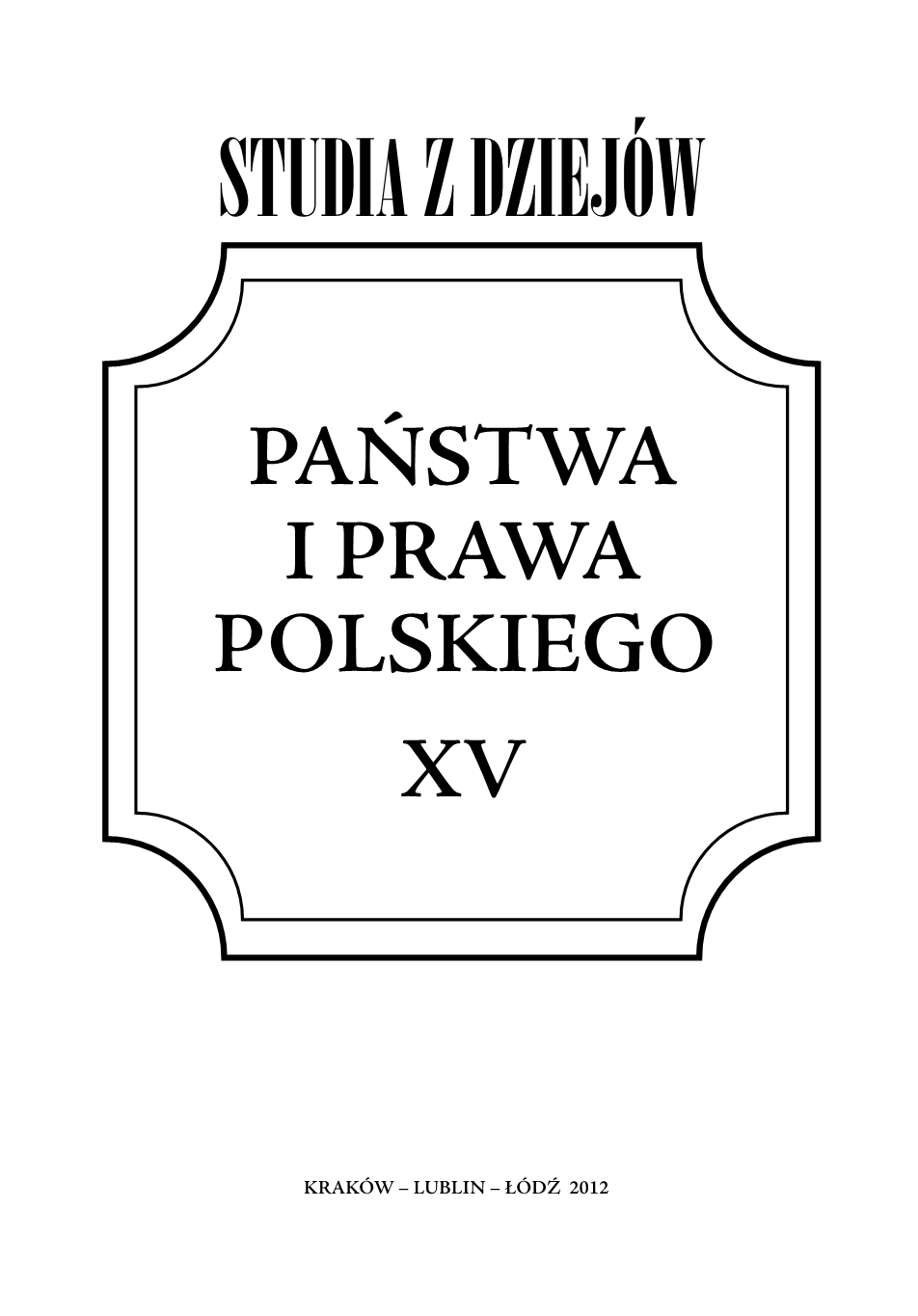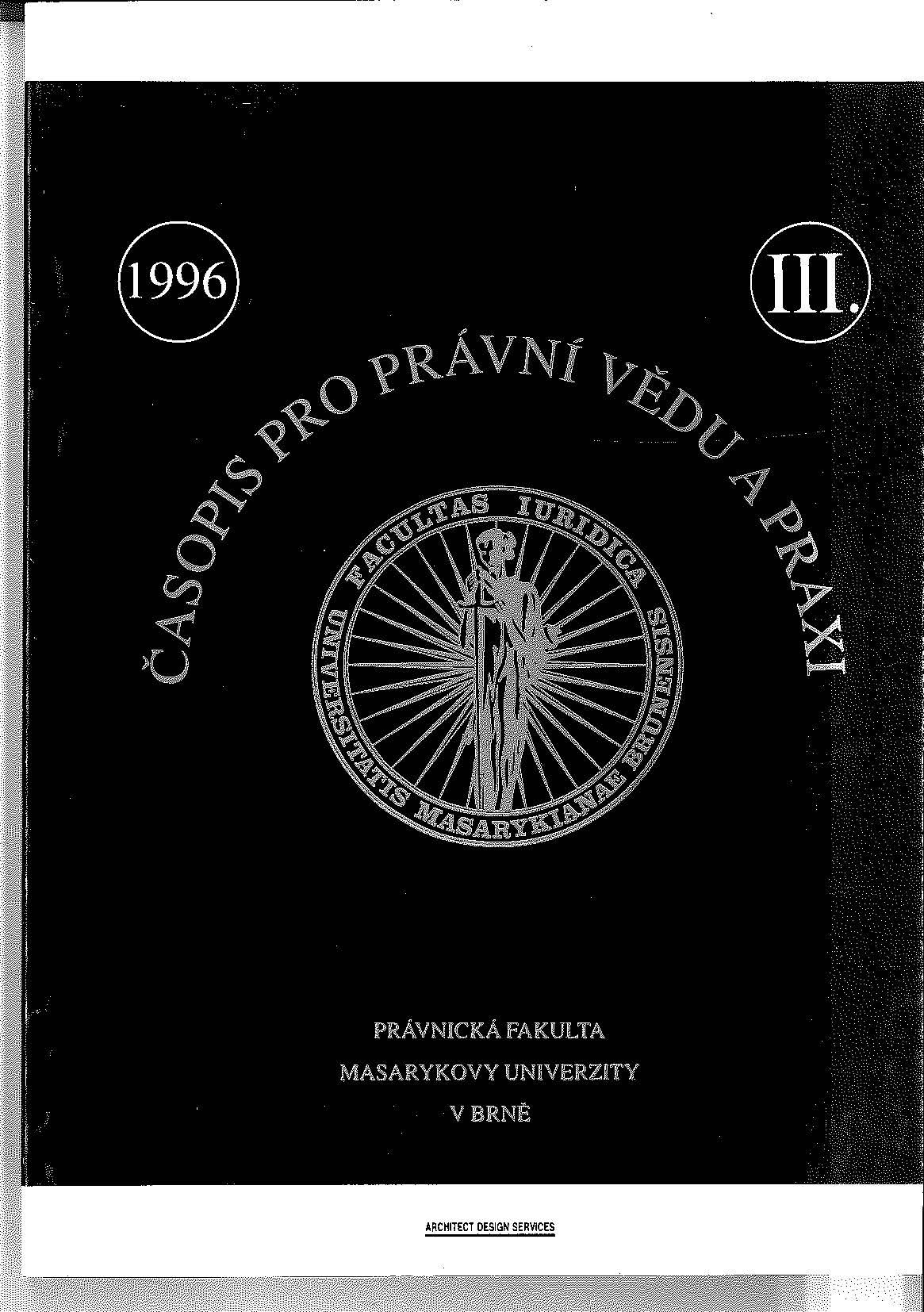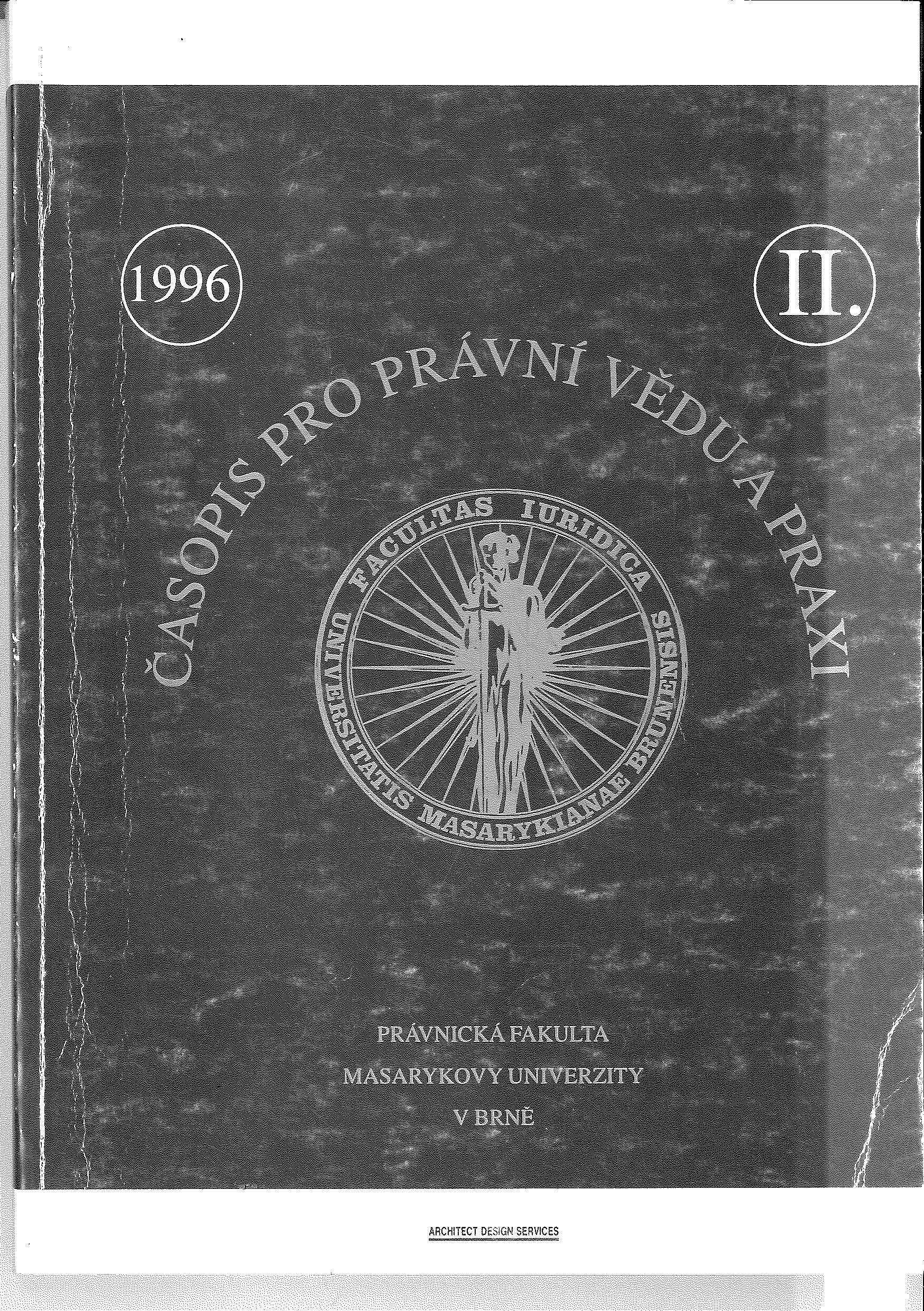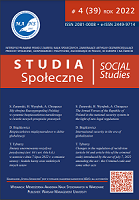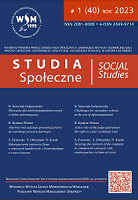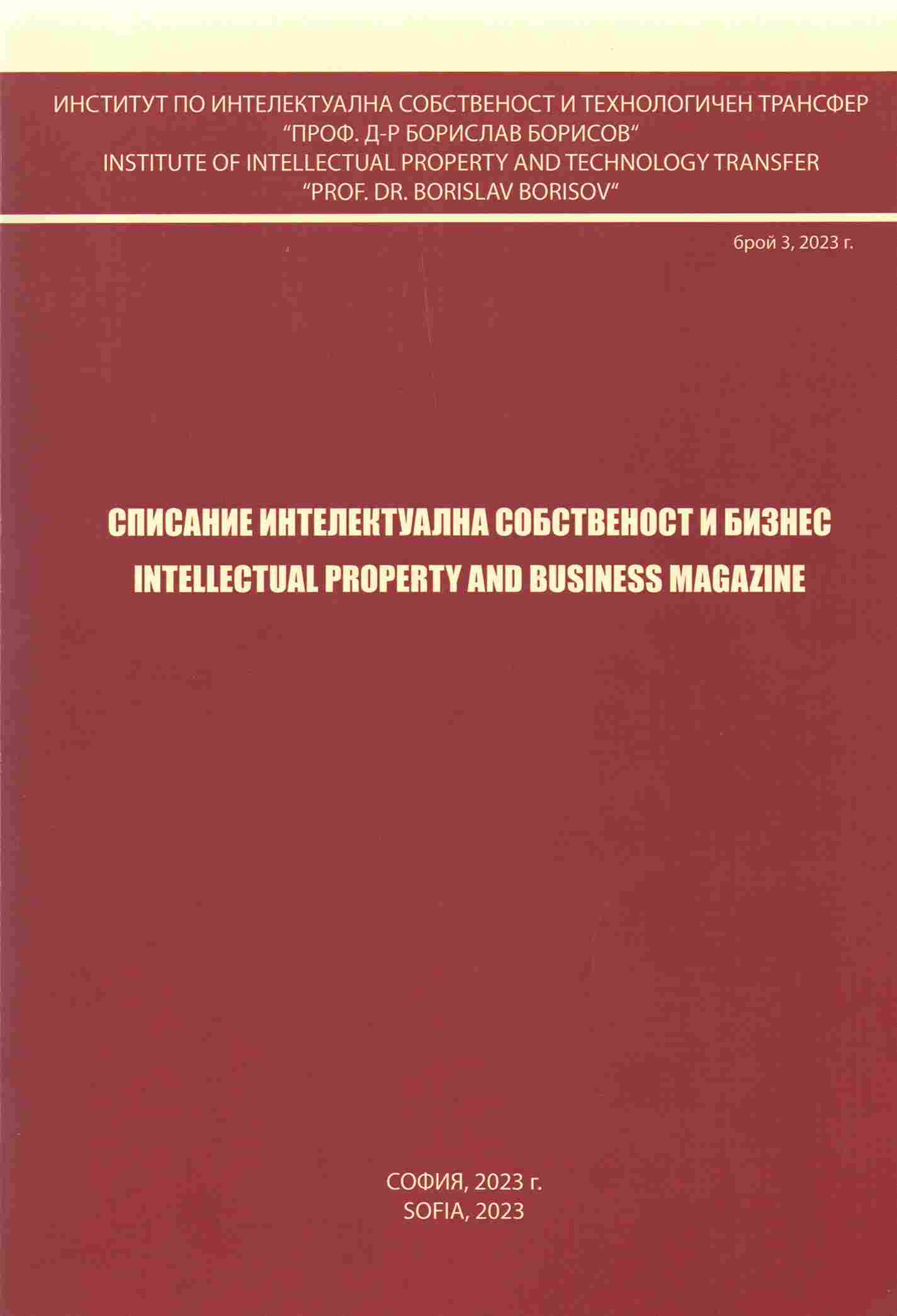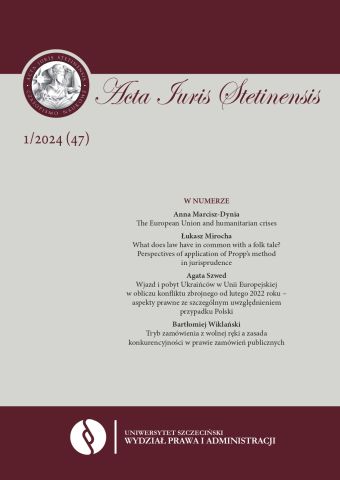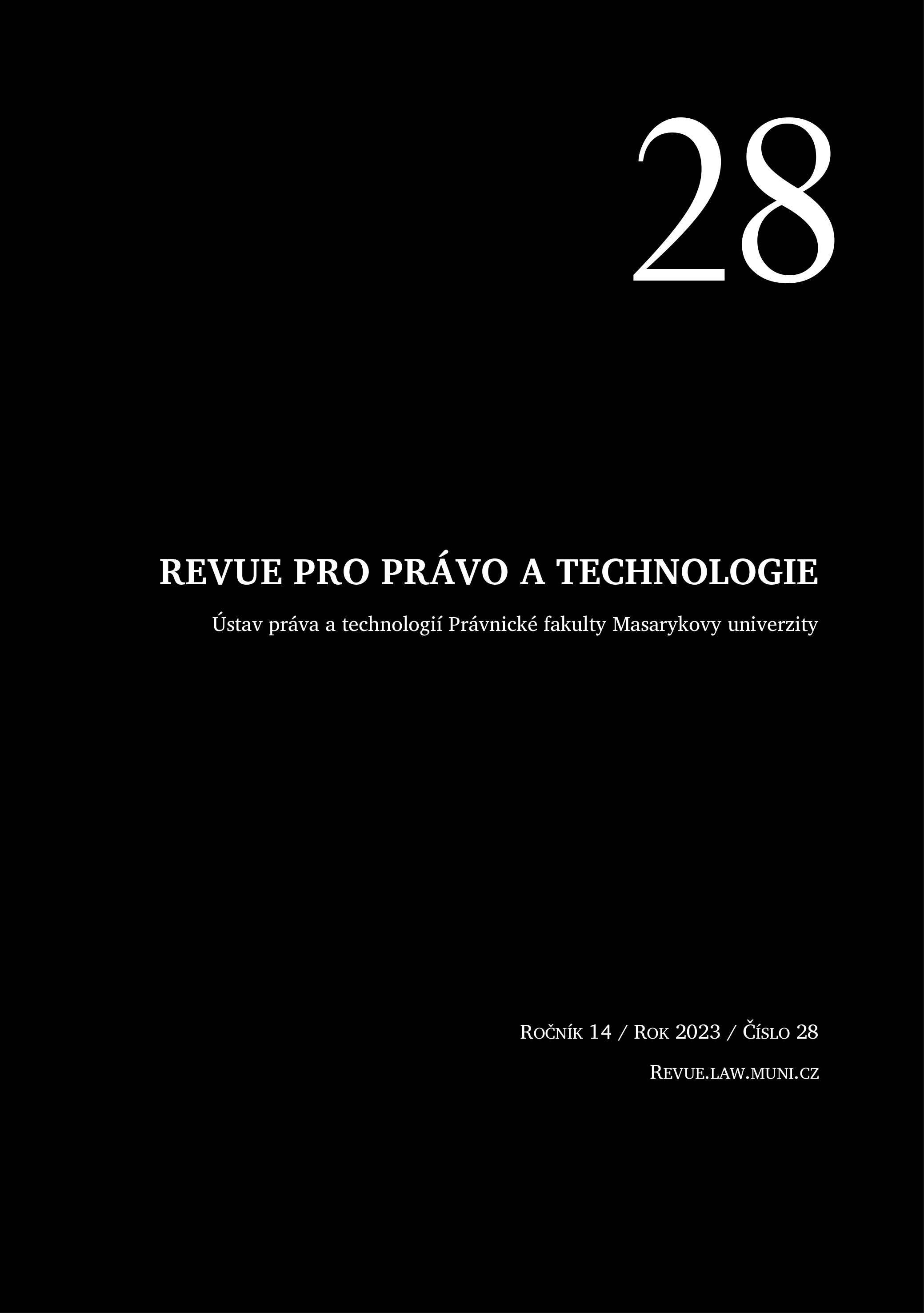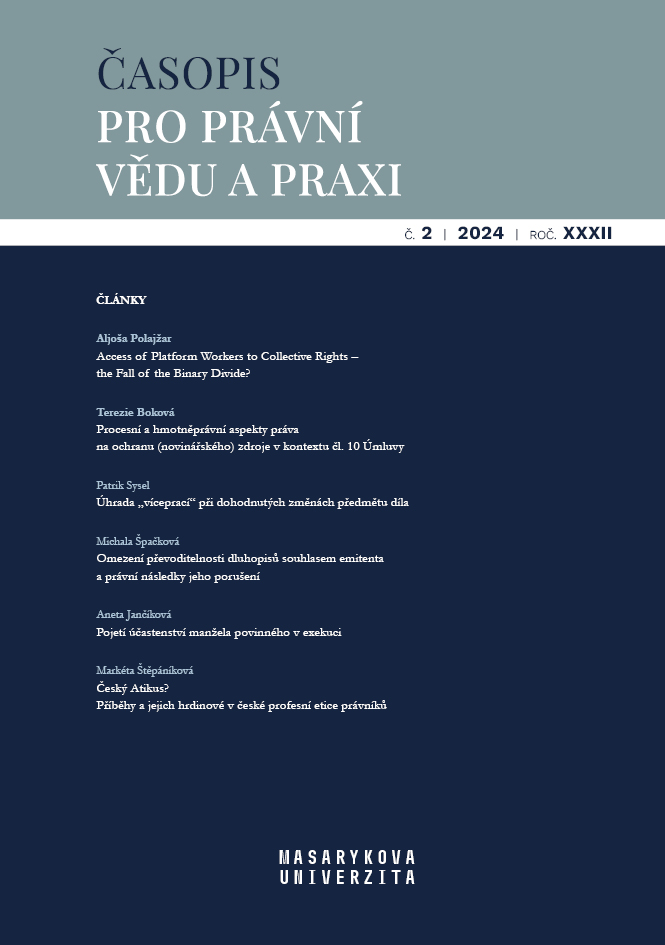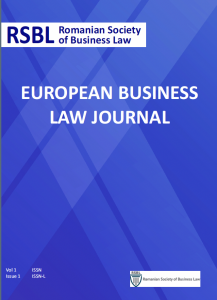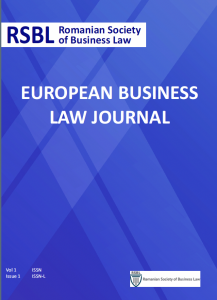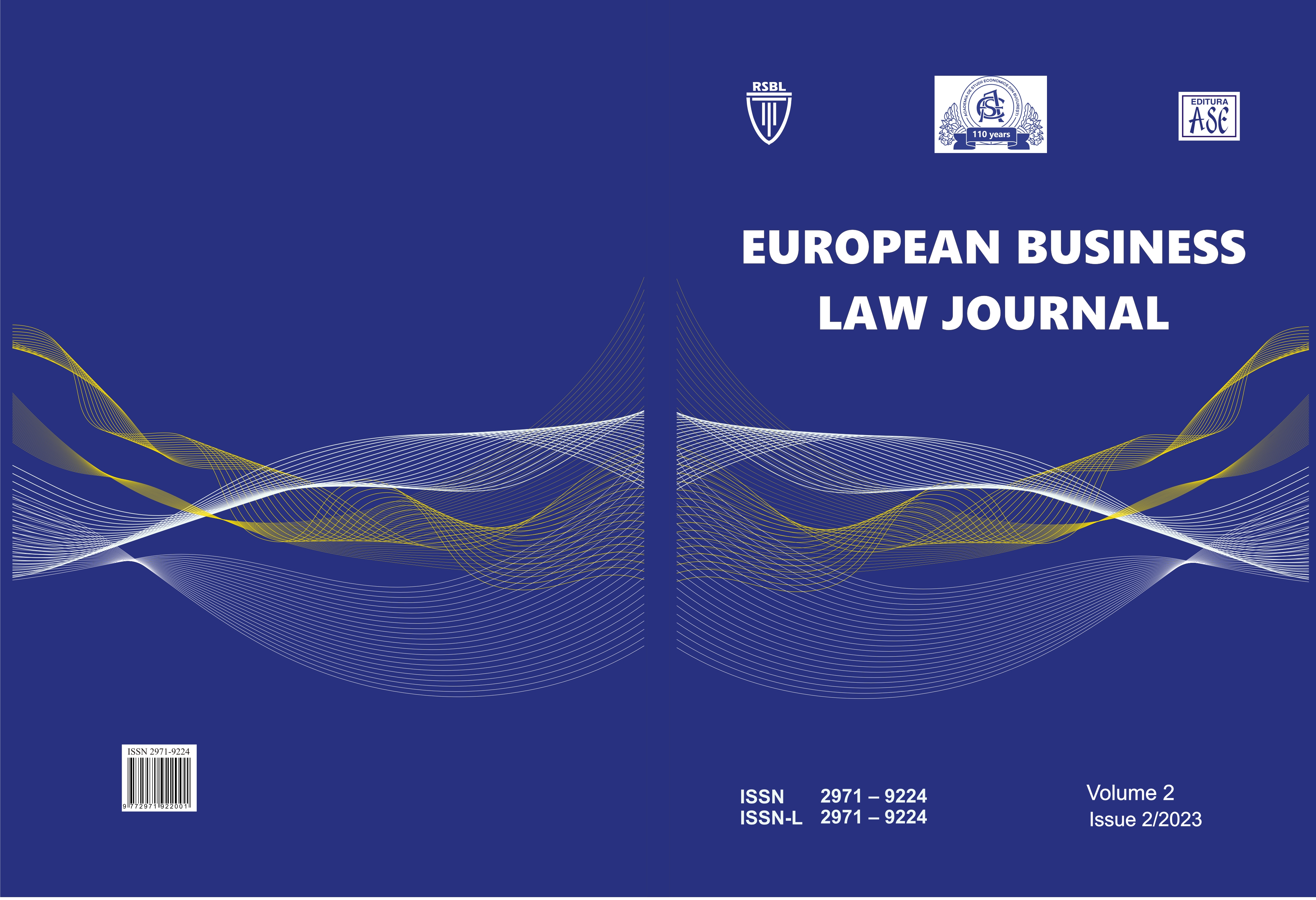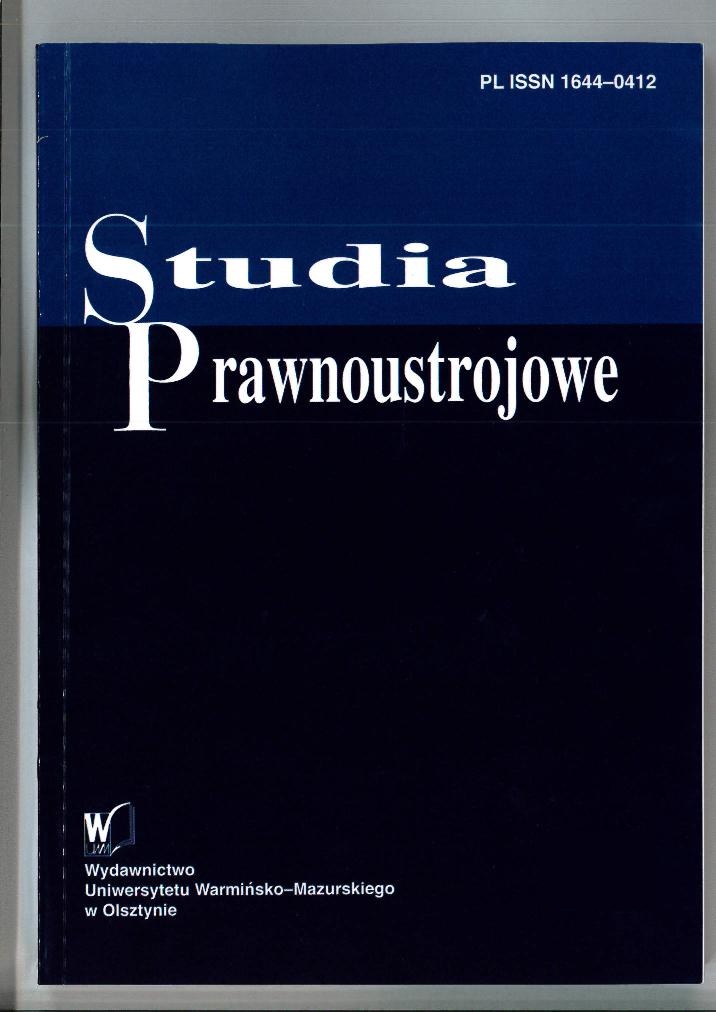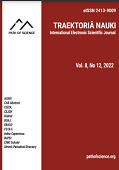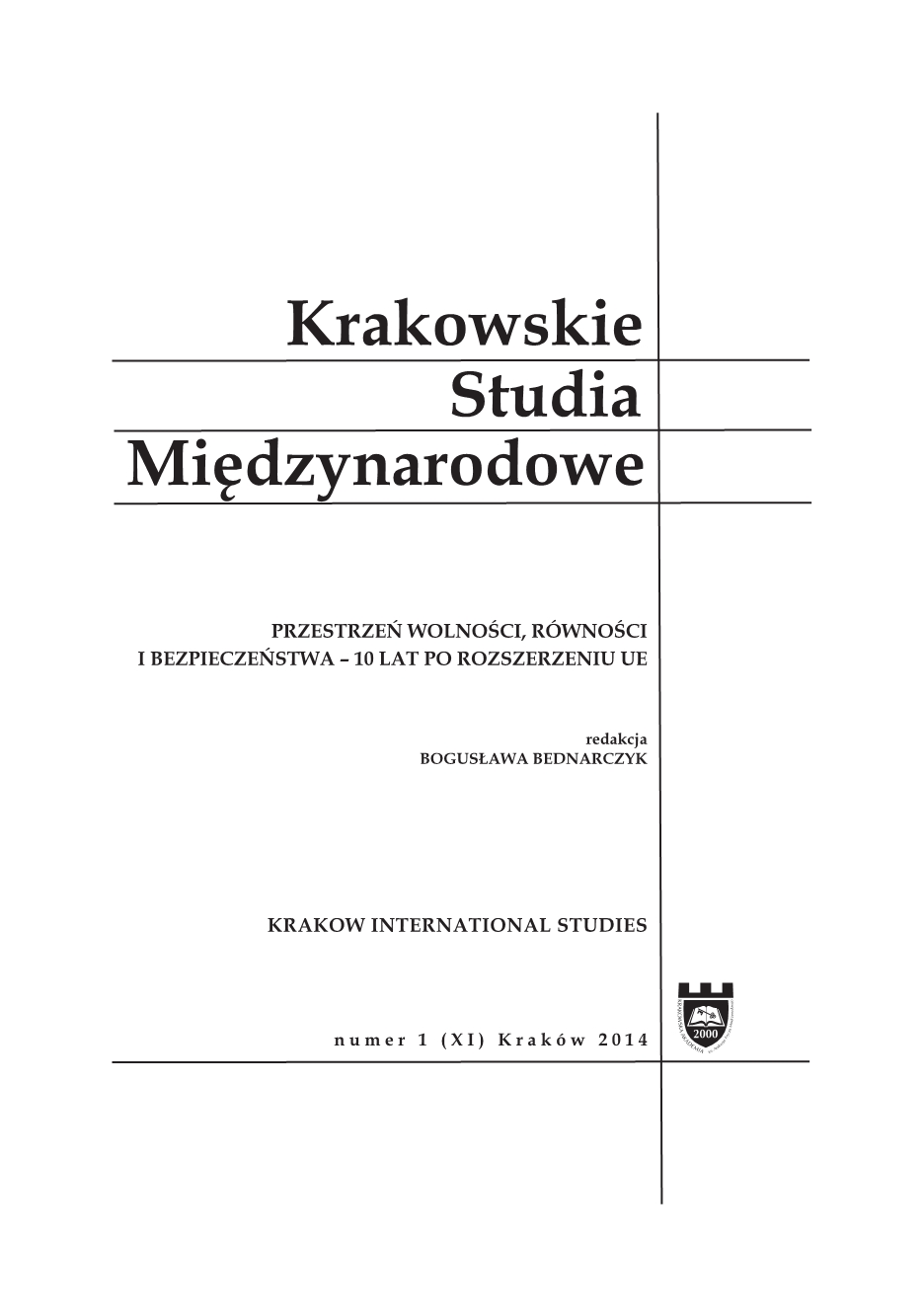
Blaski i cienie członkostwa Polski w Unii Europejskiej na przykładzie implementacji unijnych przepisów o gwarancji jakości w obrocie konsumenckim
This paper provides an analysis of the rules of consumer sales guarantees in polish civil law, which evolved under the influence of the Consumer Sales Directive. Implementation of the Consumer Sales Directive in the area of guarantees didn’t have a positive effect in Poland. Before the implementation, polish legal system offered advanced system of rules on consumer sales guarantees. Introducing the directive has resulted in lowering the level of consumer protection in this scope.
More...
